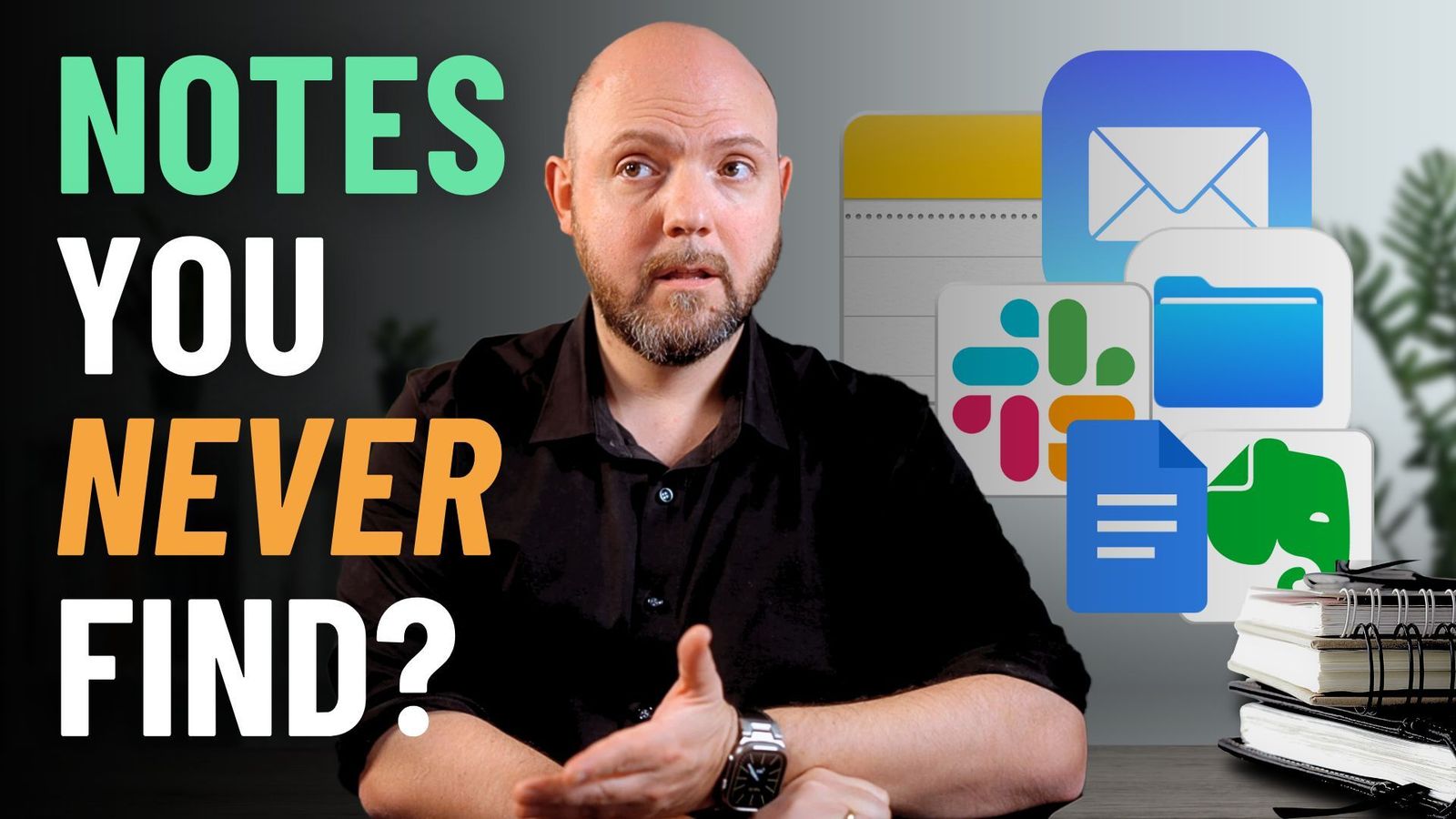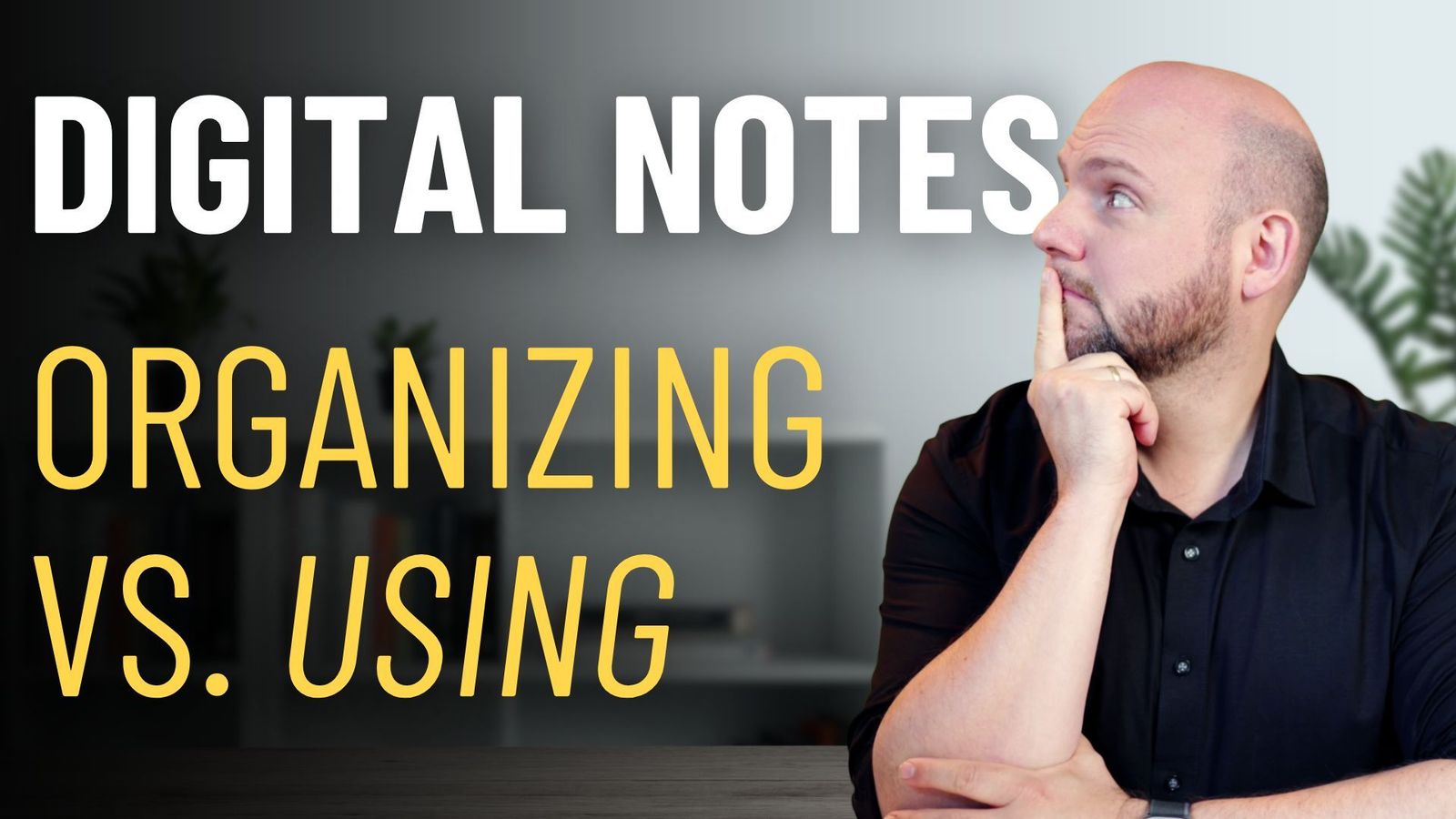Many people confuse two crucial concepts: Time Management and Task Management. It’s an easy mix-up because these concepts do overlap. However, understanding the difference is key to designing effective workflows and choosing the right tools. If you’re not clear on the concepts, you might end up with tools that don’t help, leading to chaos in your productivity system.
Key Concepts of Time Management
In the world of productivity, Time Management means organizing and planning your time across various activities, not just tasks. As a Busy Professional, your time is spent on meetings, commutes, and other events. Time Management is about managing all these activities, focusing on the time itself, not just what you’re doing.
Here are seven strategies for managing your time like a pro:
Prioritization: Determine which tasks are most important and allocate your time and energy accordingly. It’s about putting the most critical items at the top of your task list.
Self-awareness: Know when you work best. Are you a morning person or do you hit your stride in the afternoon? Understanding your productivity peaks helps you work smarter.
Planning: Using the IO Methodology, the PEPA Model helps manage tasks efficiently and align them with your goals. Time blocking is a key aspect, where you set specific chunks of time for different tasks or events.
Delegation: If a task can be done by someone else, delegate it. This frees up your time for tasks that require your expertise.
Avoiding Procrastination: Find strategies to stop putting things off and start tackling tasks on time.
Setting Boundaries: Learn to say no to tasks that aren’t important or don’t help you reach your goals. Focus on what truly matters to save your time.
Continuous Review and Adjustment: Regularly review how you’re spending your time and adjust your approach to become more efficient. It’s like doing a self-audit to keep improving.
Time Management is about knowing what to do, when to do it, and how to do it efficiently while being ready to adjust your plan as needed. Planner apps are the best tools for scheduling and timing, as they are specifically designed for that purpose.
Key Concepts of Task Management
Task Management is about defining, organizing, prioritizing, and managing tasks effectively to meet your goals. It overlaps with Time Management in terms of organizing and prioritizing, but the focus is solely on the task itself.
Here’s what Task Management involves:
Task Identification: Understand how each task fits into the bigger picture. Ask questions like which project does this task belong to or what goals are connected to this task.
Task Analysis: Break down each task into smaller, manageable parts. This makes it easier to tackle them one by one.
Resource Allocation: Determine what you need for each task, whether it’s information, tools, or assigning someone responsible for it.
Task Management is about setting up tasks in a way that makes your work smoother, less stressful, and more efficient. This helps you use your resources wisely and achieve your goals more effectively. Tools like task management software, to-do lists, and project management tools are designed specifically for this purpose.
Integrating Time and Task Management
Implementing Task Management and Time Management with the right tools becomes straightforward once you understand these concepts. Individual tasks can be managed with tools like Things or Todoist. Team tasks can be managed with project management tools like ClickUp, Linear, or Asana for coordinating and tracking group progress. For Time Management, use planners such as Sama or Aiflow to schedule and manage time, combining both tasks and events.
Task managers often include time-related features like start and due dates, which can cause confusion. People may focus on planning and execution, leading to overlapping views. These time features should be seen as steps for planning, providing an initial framework that you carry into your planner where genuine Time Management should happen.
Regular reviews of task status and overall progress are crucial for monitoring and adjusting strategies and plans. Planners introduce reality into your schedule by imposing necessary limits, helping you prioritize and make decisions. They shift focus from endless possibilities to a world of restrictions and limitations, essential for bringing your plans to life. After all, a task list is infinite, while our calendar day remains finite.
If you truly want to master the differences between these parts of your productivity system, we invite you to join us inside the Paperless Movement® Membership. Here, you’ll learn how to build your own highly efficient productivity system, no matter the tools you use.



